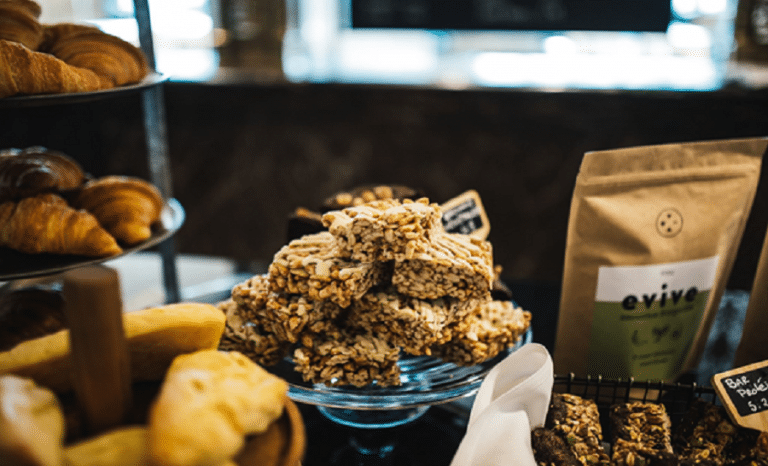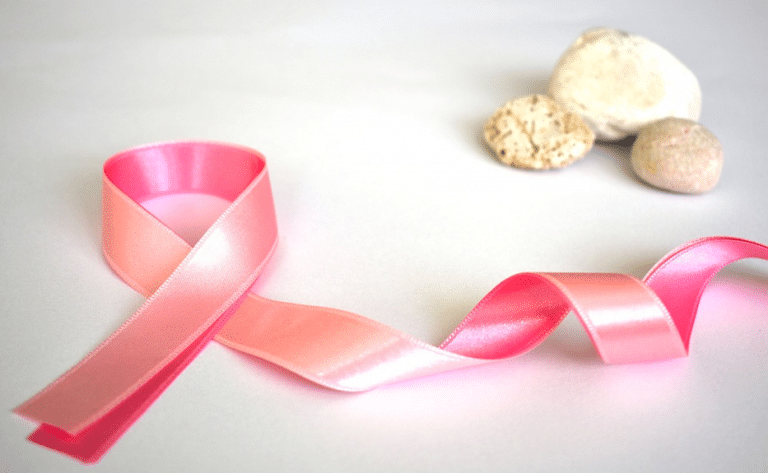Becoming a new mother is among the most beautiful and heartwarming experiences of all time. However, it can be tough, scary, and challenging at the same time. It triggers an array of emotions—from excitement and joy to fear and anxiety. These feelings and emotions are common for most mothers, but all these emotions can get so overwhelming and turn into postpartum depression.
Postpartum depression is a medical type of clinical depression that’s linked to pregnancy and childbirth. It’s common for many mothers; however, many are left untreated as many choose to keep their symptoms hidden. But, just because this psychological disorder is common doesn’t mean you can’t reduce your risk.
Up to this day, it hasn’t been completely discussed why most mothers experience postpartum depression. Thankfully, taking preventative measures can significantly reduce your risk for postpartum depression no matter how many times you give birth.
Here are five tips and ways to reduce your risk:
In This Article
1. Eat Healthily
Everyone knows how eating nutritious food is critical for your health, and especially your baby. But, eating healthily isn’t only for your healthy delivery, but it’s also aimed to reduce your risk for postpartum depression, especially after birth. Do your best to incorporate as many nutrients into your food, especially omega 3 and minerals, like magnesium. Magnesium may have positive effects on depression as it not only boosts your muscle and bone health, but also regulates your mood and brain function to ensure you’re free from any depression symptoms.
A few examples of magnesium-rich foods include almonds, spinaches, cashews, oatmeal, and the like. Overall, the best sources of magnesium are nuts, greens, whole grains, and dry beans. For omega-3 fatty acids, you may get them from oily fish, like salmon and herring. So, to prevent yourself from possible postpartum depression, start modifying your diet and fill it with more omega 3 and magnesium.
2. Perform Physical Exercises
Just because you’re pregnant doesn’t mean you can’t perform exercises. Exercise is an essential element for a healthy pregnancy, as well as reduces your risk for postpartum depression. But, before exercising right away, it may be best to talk with your doctor first and see if you and the baby in your womb can handle exercise.
Your doctor can also help in creating an exercise plan suitable for your pregnancy. If you already gave birth, ask your doctor if your body is ready to handle physical activities again. Squeezing even as quick as 15-20 minutes of exercise is already enough to boost your mood, increase your endorphins (feel-good hormones), and, overall, make you feel better and more in control of your physical body. It can be as simple as walking under skin-friendly heat. A bit of sunshine exposure each day can do wonders for your mood.
However, if you frequently experience cramps and muscle pains, it’s a sign that you could be low in magnesium. Thus, make sure that a healthy diet and physical exercise will go hand in hand.
3. Get As Much Sleep As You Can
Whether you’re pregnant or not, sleep is crucial for your overall wellbeing. Do your best to get enough sleep as you can during your pregnancy, and especially after giving birth. Some mothers may claim that sounds close to impossible if you’re taking care of a newborn baby. Unfortunately, frequent sleep deprivation can take a toll on your mental health and potentially lead to postpartum depression.
Instead of the usual nighttime sleep, you can plan strategies so you can squeeze in a few minutes or hours of sleep both during the day or night. For instance, if your baby’s asleep, allow yourself to be asleep as well. You can do the dishes or laundry later because, after all, your health is way more important. If your loved ones come over to visit you and your baby, try to ask them if they could temporarily watch the baby for you while you take a peaceful nap. Every minute or hour you get to enjoy a nap can do a lot for your mental and physical health.

4. Pamper Yourself
Even if you think there’s no time, strive to pamper yourself at least a few times a week. You don’t need to be on a 24/7 mom-duty because you’re human and need some time for yourself after all. You can enlist the household chores to your partner or other household members while you have some time off. Don’t feel guilty about it because the only way you can effectively take care of your baby is if you’re physically and mentally healthy.
Some easy and quick ways to recharge your body and pamper yourself may include reading your favorite book, going out for dinner with your partner, taking a bubble bath, or going out for a bit to go shopping for yourself (not buying baby stuff). Give way for your own desires every once in a while, and your mental health will thank you for that.
5. Find Strong Emotional Support
When everything starts to feel frustrating and overwhelming, don’t hesitate to find emotional support. Having strong emotional support can help reduce your risk of postpartum depression. It can be your friends or relatives. Open up about how your life has changed right before you and how it’s affected you. Venting out your emotions and thoughts will help you feel better.
Endnote
Motherhood is hard, especially if you’re at high risk for postpartum depression. Thankfully, you can prevent it by taking note of these tips and getting the help and support you need from your loved ones.










